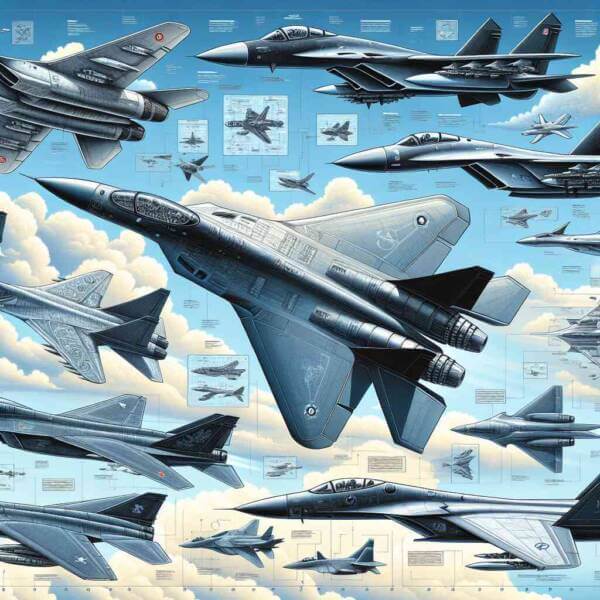Why Military Aviation Still Matters
Why Military Aviation Still Matters
Blog Article

Military aviation is a critical pillar of modern defense strategies around the world.
Nations invest heavily in military aviation to protect national interests.
The Evolution of Military Aviation
Military aviation started during the early 1900s, with aircraft initially used for observation.
Major milestones in military aviation history include:
- First use of armed aircraft in combat
- Creation of long-range bombers and jets
- Emergence of strategic bombers and nuclear deterrence
- Rise of unmanned aerial vehicles (UAVs)
Each era brought more powerful aircraft that pushed the limits.
Types of Military Aircraft
Military aviation includes a variety of aircraft, each designed for specific missions.
Common categories of military aircraft are:
- Fighter jets
- Planes that deliver heavy payloads
- Logistical support aircraft
- Unmanned aircraft for intelligence gathering
Each type plays a critical function in military operations, from securing airspace.
The Strategic Value of Military Aviation
Air superiority is vital for achieving military success.
How controlling the air impacts battles: read more
- Protecting ground forces
- Cutting off enemy resources
- Early warning and real-time data
- Demonstrating power and deterrence
Nations with strong military aviation capabilities can control conflicts.
The Next Generation of Military Aircraft
Constant research and development push boundaries for future warfare.
Future technologies in military aviation:
- Aircraft designed to evade radar detection
- Hypersonic weapons
- Unmanned aircraft operating independently
- Directed energy weapons
These advancements expand mission possibilities for air forces worldwide.
Challenges in Military Aviation
Despite technological superiority, military aviation faces numerous challenges.
Key challenges include:
- Expensive research and operations
- Short life cycles for cutting-edge aircraft
- Protecting systems from hacking and sabotage
- New debates about AI in warfare
Addressing these challenges is crucial to staying ahead.
What Lies Ahead
The future of military aviation promises radical innovations.
Future trends may include:
- Smarter decision-making systems
- Defending assets beyond Earth
- Eco-friendly military aircraft
- Joint defense projects
The next era of military aviation will redefine defense.
Final Thoughts on Military Aviation
Military aviation remains an irreplaceable element in global defense.
As technology continues to evolve, the skies will remain a vital domain where military aviation safeguards freedoms.
The future of military aviation is more dynamic than ever — and it’s only just beginning. Report this page